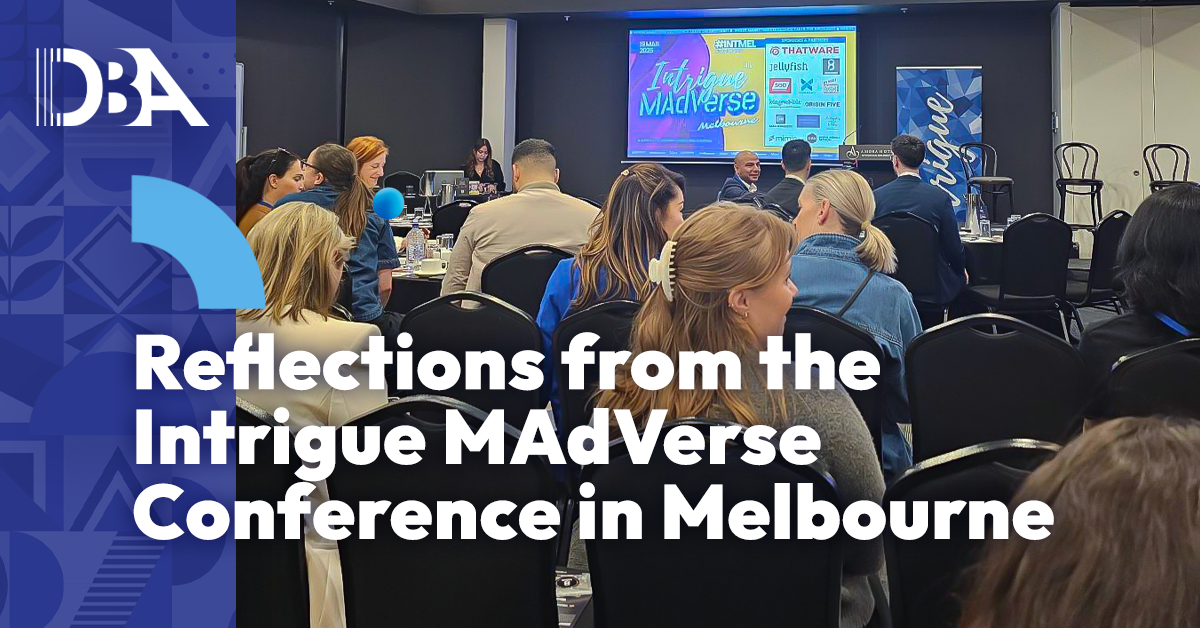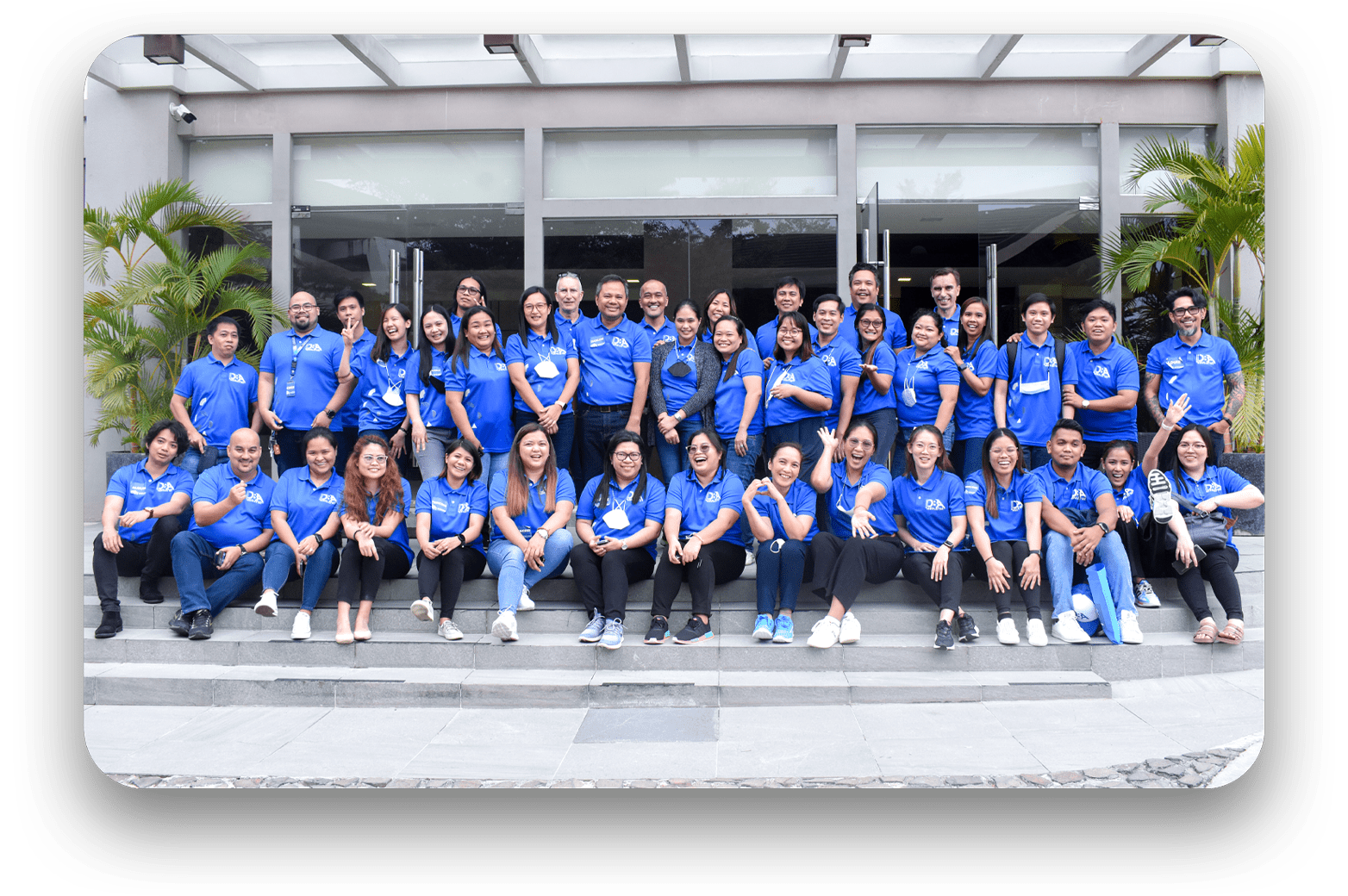It is common for even really successful people to admit to being time poor. This raises some questions about the value of time, the management of time and personal effectiveness.
When my business partner asks or challenges me as to my personal effectiveness, I know I have been busy. Typically, “busyness” is almost a badge of honour. But does being busy mean that time has been well spent? Can you reduce unnecessary busyness? And are we time poor because we are in the habit of being busy, or is it something else?
In my experience, it is almost as if there is a kind of gravity associated with busyness. It sneaks in and can so easily take over. Then all of a sudden, the day flashes by, as do the weeks and months, but what has been achieved? Or more importantly, what could have been achieved if the time available was used more effectively?
There is nothing so useless as doing efficiently that which should not be done at all.
Peter Drucker Tweet
I believe that this is one part of the “busyness” issue. We can easily fill our days doing things that do not bring us the outcomes or results we desire.
My personal and professional journey has been filled with curiosity and along the way many people have helped me with tools and ideas that were right at that time.
Time Management Systems
Early in my business life I was completely stressed and moving so fast that I was probably out of control. On Sunday afternoon, I would start worrying about Monday and start getting quite stressed.
Later I subscribed to Priority Manager, and I found that system quite helpful. But in hindsight I now consider the acceptance of interruptions as part of the planned day to be less than effective. Like many time management systems, the system is what should help, and I was a big fan for many years. Priority Manager helped remove the stress of a fast-moving day by accepting that interruptions were a necessary part of the day and if you factor them in you can set more realistic daily goals.
Over the years I think I have tried pretty much every type of time management system and I have found them all to be helpful but not necessarily “the answer.”
Routine-based System
Many years ago, one Andrew Geddes in Armidale explained to a group of us what was going on and encouraged us to go back to infants’ school. You know, at 10 we have a break and at this time we do something else.
It was a pretty simple routine establishment. In my case I made Tuesday and Thursday my client meeting days. It immediately removed my stress on weekends and helped me create routines during the week. But did it make me more effective? Perhaps, a little.
Later on, I found myself in Toronto, Canada being coached by Dan Sullivan of Strategic Coach, and he had a routine-based system together with goal setting and planned habit changes. Overall, I found this to be quite good and the combination of long-term goal setting, a basic time management system and planned new personal habits did help me to reinvent and reinvigorate myself.
Time is the scarcest resource and unless it is managed nothing else can be managed.
Peter Drucker Tweet
The Result
I suspect that if I had stayed with any of these programs and not wandered away, I may not be asking the questions that I am today. But I believe tools such as time management systems are vulnerable to fail at some time. This is because things happen outside our control that may be life changing or become centre stage for a while. Death in a family, divorce, hospitalisation, business failure, etc. are examples of things that can disrupt routines and for a time take over and then allow old habits and old ways back in.
From my experience the only thing strong enough to hold on are deeply held guiding principles. So, Stephen Covey’s concept of “first things first” is a great example. Ideally in his approach you spend the bulk of your time doing important things that are not urgent. Contrast this with your days where you are putting out fires dealing with urgent things some of which are important, whilst some are not.
How to reduce unnecessary busyness
So how do you manage time to increase effectiveness and reduce unnecessary busyness? Assuming you have a time management system, then within the allocated times for being highly productive habits have to be made and broken. In general, a new habit takes about 21 days to lock in but old habits that are deeply ingrained can return if you are not vigilant.
Practising slowing down to get more done is a counter intuitive principle I employ. I also support that with my variation of the Pareto concept. Spend 80 % of my time on the 20% that delivers 80% of the benefit. Moreover, seeking to be in Stephen Covey’s 2nd quadrant is the key to being near the hub and not on the perimeter of the wheel travelling at high speed.
Finally, a quote from Peter Drucker, “Follow effective action with quiet reflection. From the quiet, reflection will come even more effective action.”
Celebrate and reward yourself for not being busy!!
Take control, own your time, respect your time as precious. Don’t let others control your calendar. Be proactive. Slow down to speed up and get more done.
David John Lamb Tweet

David John Lamb, FCA

David John Lamb, FCA
Share


DBA’s Global Head of Sales and Marketing, Jason Ryan recently attended the Intrigue MAdVerse Conference in Melbourne, where key insights around the evolving concept of “value” were shared. His takeaway: value is not just a concept—it’s an experience that is deeply human. At DBA, we are committed to embracing innovation while staying rooted in empathy, creativity, and connection to build a future where technology and humanity thrive together. Read more of his insight here!

Jason Ryan CFP, DBA’s Global Head of Sales and Marketing, attended the Symphony Conference in February, hosted by Fin365, Principals Community, and Netwealth. The event brought together industry leaders and professionals to discuss the latest trends and strategies in the financial services sector.






© 2024 DBA. All Rights Reserved.





